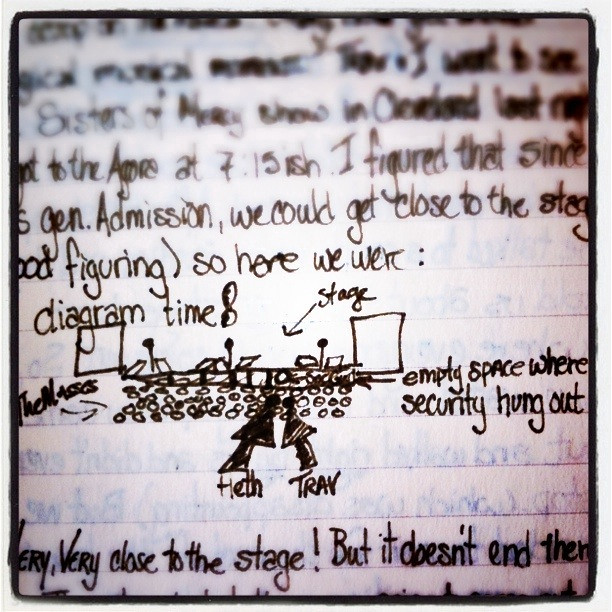
(Photo Source: Carlos Úbeda)
The Gradvocates Editing Team was surprised to find that over 75% of the personal statements that we have edited had at least one of following errors in it. Accordingly, we decided to write a blog post to inform the rest of you of what to avoid.
Please note that all of the “incorrect” words or phrases below are not actually incorrect in everyday use. Most dictionaries will even tell you that it is acceptable to use them in the way that we are telling you not to use them.
So you might ask, “Why even read this article then?” Two important reasons:
1) Although they might be correct in everyday use, they are incorrect in academic writing. As you probably know, your personal statement should be as formal as possible.
2) The audience for your personal statement is composed of, in part, highly educated professors who spend a significant amount of their time writing scholarly pieces. They will easily spot grammatical errors, which may negatively affect how your personal statement is received.
“Although” versus “While”
- Incorrect: While you may be right on the first issue, you are wrong on the second issue.
- Correct: Although you may be right on the first issue, you are wrong on the second issue.
- Proper usage of “while”: While he was on the phone, he missed an important phone call.
If you couldn’t tell from the examples, “while” is a temporal word, meaning that it relates to a length of time. Specifically, it should be used to describe concurrent events—things that are happening at the same time.
In this context, “although” is for giving concessions, and it is the word that you should use.
“Because” versus “Since”
- Incorrect: Since he needed money, he asked the bank for a loan.
- Correct: Because he needed money, he asked the bank for a loan.
- Proper usage of “since”: He hasn’t gone to the library since last week.
As demonstrated by the examples, “since” is a temporal word used to indicate the passage of time.
“Because” is used to introduce a reason why something is a certain way or why something happened. In this context, it should be used instead of “since.”
Bonus: the phrase “due to” should generally be avoided when “because” can be used.
“To” versus “In Order To”
- Incorrect: He reviewed the course book in order to determine what classes he had to take.
- Correct: He reviewed the course book to determine what classes he had to take.
- Proper usage of “in order”: They were lined up in order from shortest to tallest.
The words “in order” are redundant. Simply omitting them gets you a concise and formally correct sentence. As we have indicated in the above example, “in order” should generally be used for sequential or grouping purposes
Hopefully this article has shed some light on these common writing mistakes. Avoid them! Although they are not incorrect, they can undermine your credibility as a writer.



